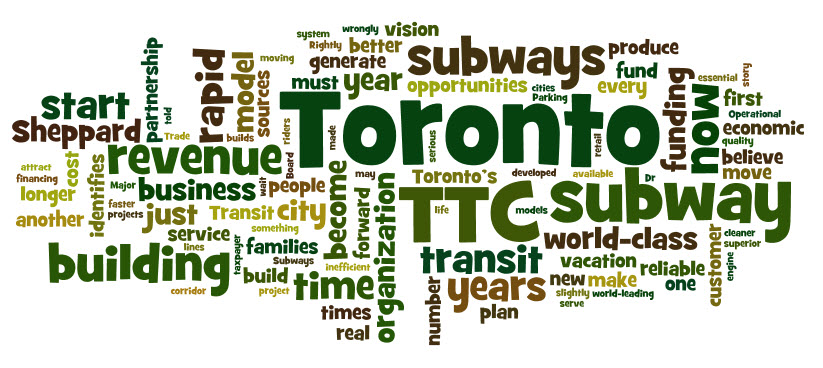The morning after Darcy Allan Sheppard died, Michael Bryant emerged from police custody wearing a clean change of clothes and headed straight for the waiting microphones. In the hours since the altercation that resulted in Sheppard’s death Bryant had not only secured a legal team but had also, it’s been reported, retained a PR firm that immediately got to work. From the first moment, Bryant was concerned about his public image.
This apparent attempt to ‘spin’ the tragic events of August 31st, 2009 was met with anger by those who had already judged Bryant guilty. As far as they were concerned Bryant was trying to use his wealth and connections to get away with murder. That perception was reinforced when the prosecution decided not to pursue charges, allowing Bryant to walk away free.
Even while the charges against him did not go to trial, vocal members of the court of public opinion had already convicted him. Their anger boiled over again this week when Bryant, promoting a book, was back in the spotlight. He was clear about his intent: if he is ever to be in public life again, he needs to tell his side of the story and clear his name.
At the heart of the outrage directed at Bryant is the fear that he will get away with undeservedly rehabilitating his reputation. That fear is driven by a distrust in media, police and justice systems that have a history of privileging guys like Bryant (white, affluent powerful men). The fear is that Bryant—damned by the facts—will be saved by his money, connections and media savvy.
After reading the prosecution’s summary report, however, I began to wonder if the reverse were true. The Michael Bryant in that report—in the version of events he did not directly author or control—is a far more sympathetic character than the carefully constructed version of Michael Bryant we’ve seen on the cover of magazines and heard on the radio. In the prosecutor’s account, Sheppard was a violent instigator, and Bryant, fearing for his and his wife’s safety, was just trying to get away. Reading that document makes it far easier to imagine Bryant as a victim of circumstance.
Politicians in general can’t get away from the temptation to construct mythologies around themselves. In his recent media appearances, Bryant comes across as someone who wants very badly to be perceived as a tragic, humbled figure, fallen from great heights to have lost everything, guilty only of common human frailty. But that doesn’t ring true for someone celebrating the release of a book while coiffed and staring directly into the camera.
Instead, the public version of Bryant comes across as someone who fell from being Extremely Privileged to Still Pretty Damn Privileged and is actively asking us to feel sorry for him. Regardless of how responsible you hold him for Sheppard’s death (and again, legally he’s not been found to have done anything wrong), that’s not a very compelling proposition.
I’ve come to suspect that the primary reason many remain skeptical about Bryant’s exoneration is the forced nature of his comeback and the artifice of his public image. In trying to realize his preferred mythology, Bryant failed to understand the difference between humility and Humility Inc. Maybe if he hadn’t hired a professional public relations team, if he hadn’t donned a freshly pressed suit for his first press conference straight out of police custody, if he hadn’t launched a media campaign around a book and put his own face on the cover, if he hadn’t seemed so eager to be redeemed, his public image would be significantly improved.
Maybe it’s easier to feel sorry for someone who doesn’t come across as feeling so sorry for themselves.
